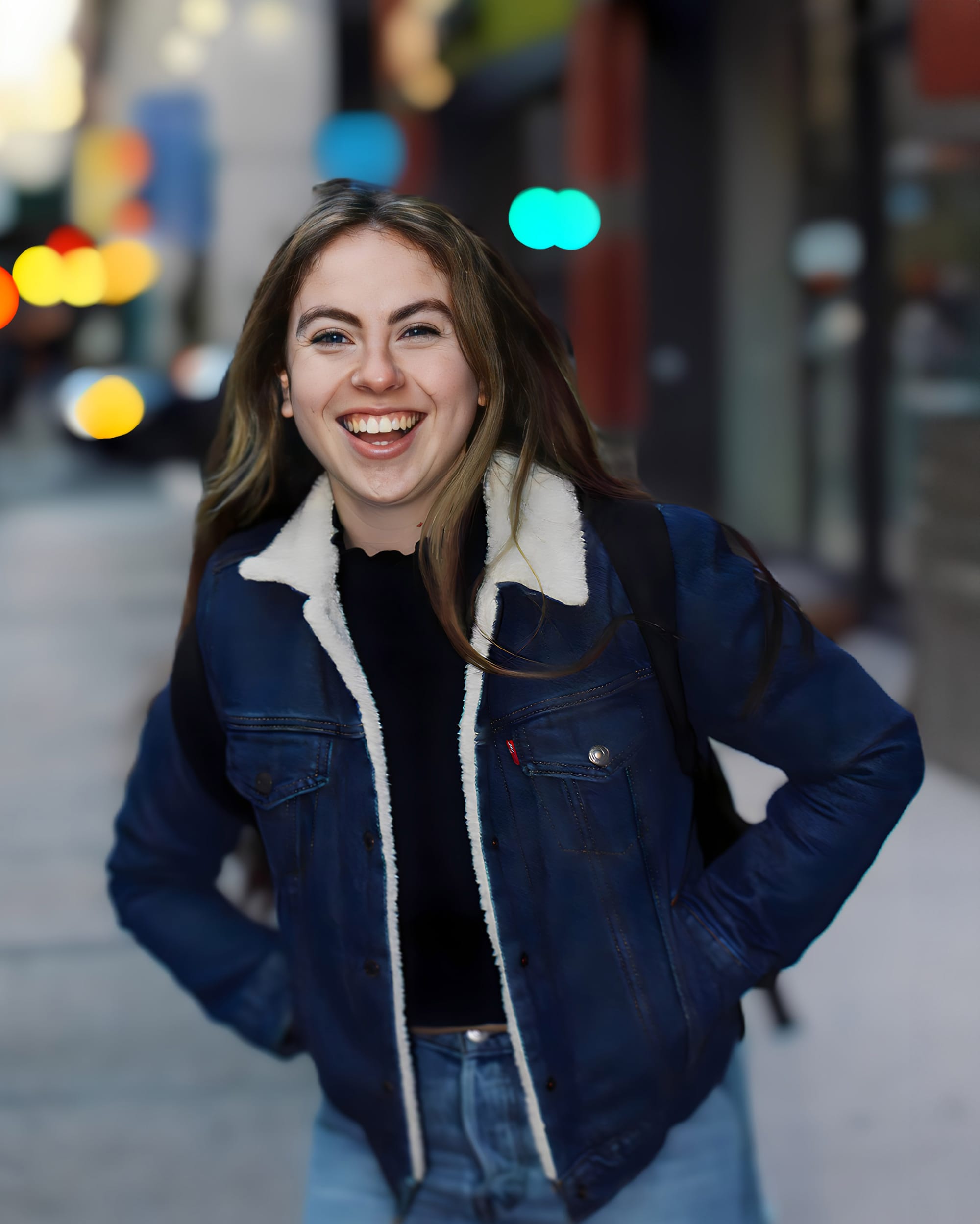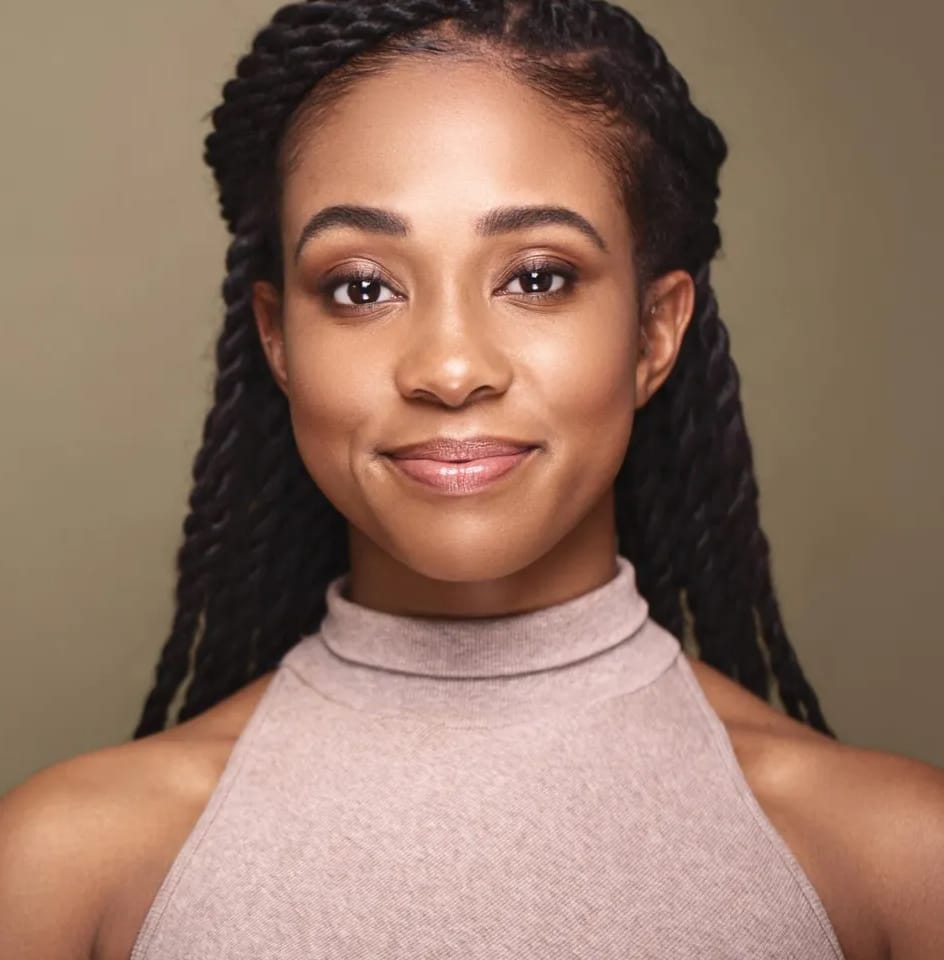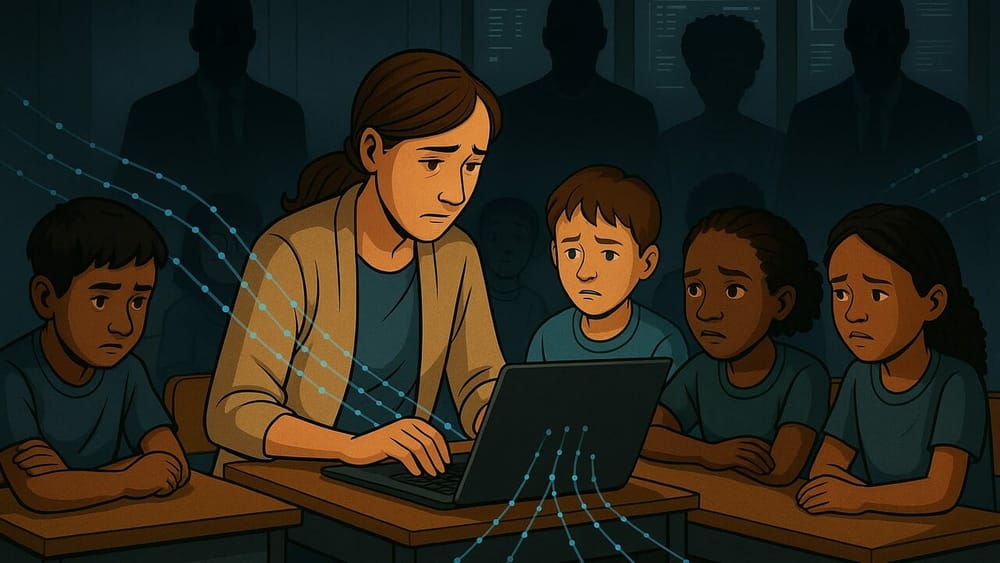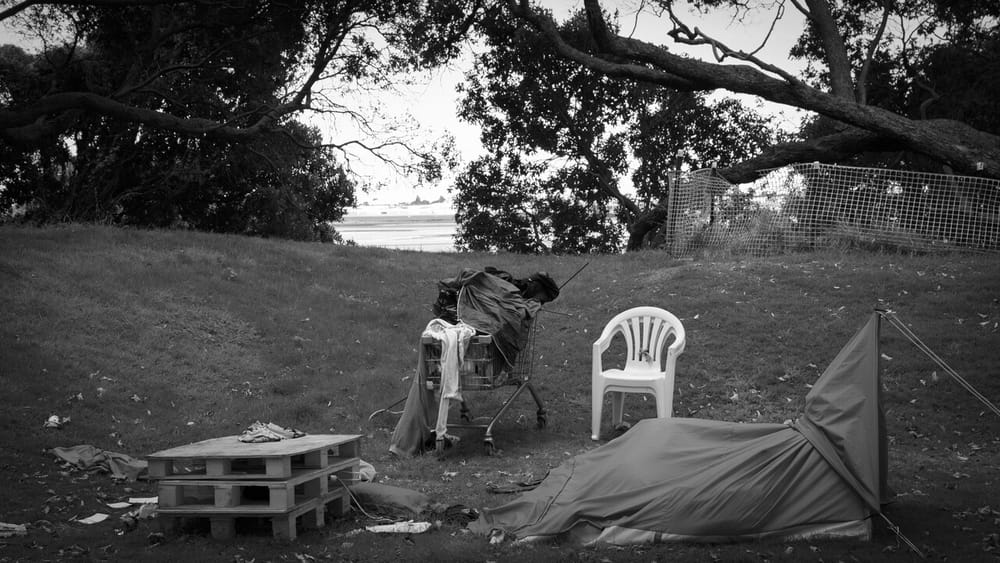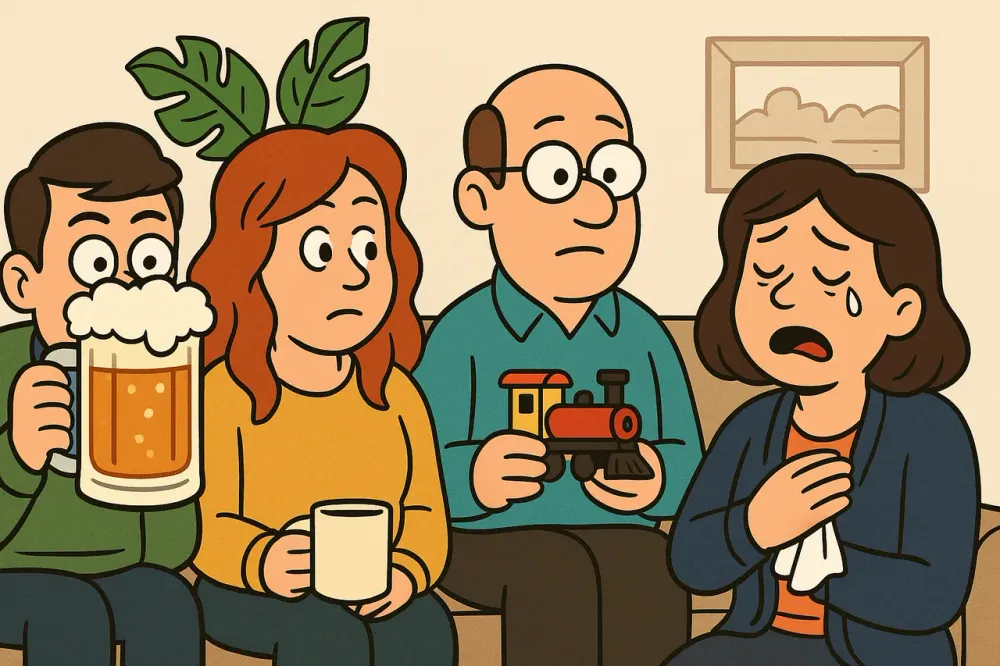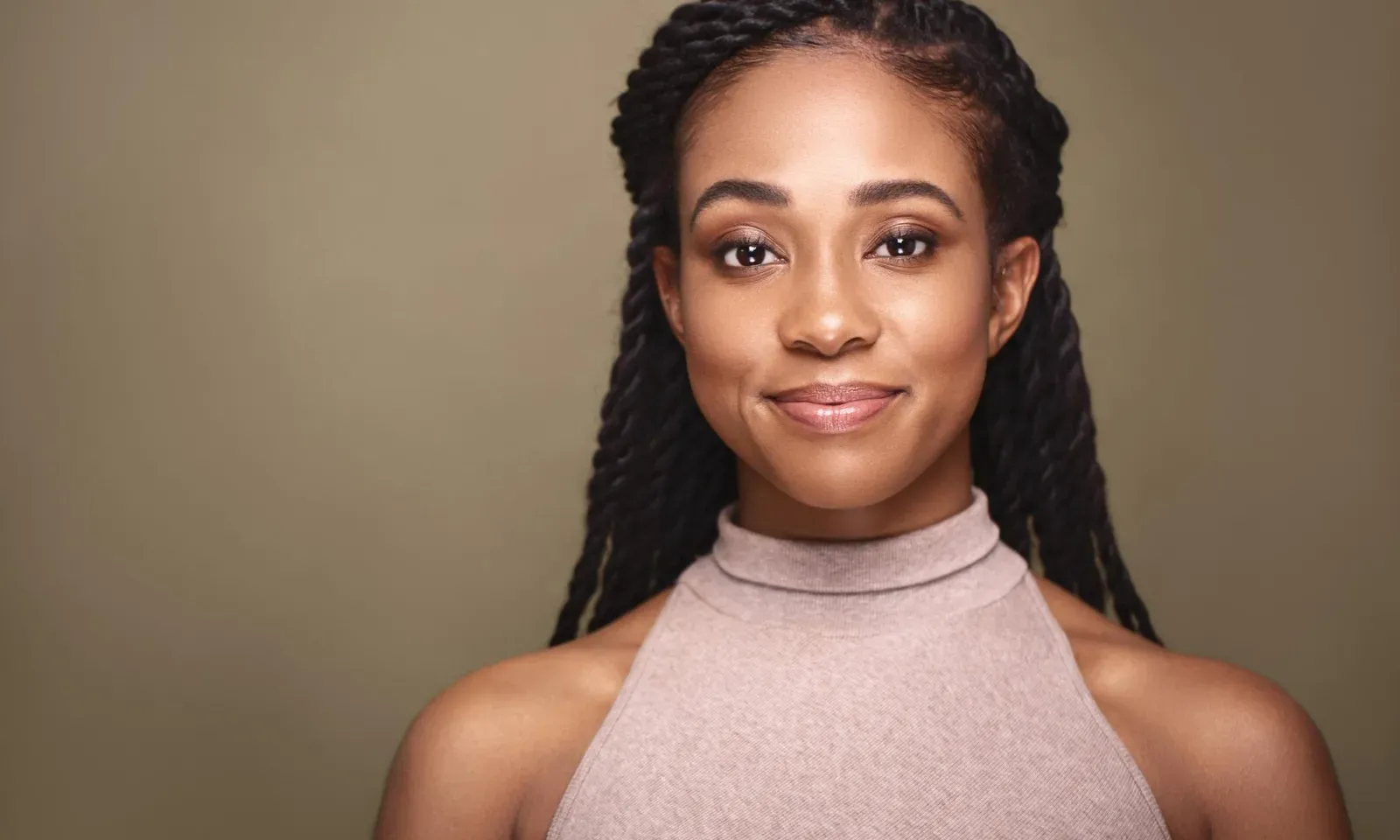
In the face of the many seemingly unsolvable problems of the world, it takes courage, faith and determination to take on the role of a superhero. Colours of a Changemaker is a series of interviews with Black, Indigenous and People of Colour from around the world who are using their vocation to create social and environmental change. As Gandhi once said, we must be the change we want to see in the world, and these changemakers are doing just that through their art, music, written works, social platforms and much more.
Kayla Pecchioni is a broadway performer best known for her breakout roles in The Book of Mormon, The Donna Summer Musical, and Dreamgirls. Pecchioni's vibrant social media persona warrants a resume line of its own though, as she uses her Instagram account to talk candidly about paying artists, fighting for representation in the world of theatre, and reaching true self-acceptance.
In this interview, Pecchioni discusses how identity has informed her personal journey to the arts, where Broadway stands on diversity and inclusion, and what work still needs to be done. Her candid answers cover everything from body image to her dream role to breaking into song when things get uncomfortable.
You talk very openly about identity and wearing your heart on your sleeve on social media—in what way has your career in the arts given you the freedom to reach full self-expression?
I like to say that I grew up the ‘black sheep’ in my family because I was an artist amongst A-types. For as long as I can remember, I’ve been singing and dancing and using my hands to create art. I always made friends easily but I was really shy and deeply insecure; I liked to hide in the background. When I found theatre, I revealed to myself a combination of talents that I didn’t even know I possessed. And all of a sudden people were telling me that I was supposed to be on this journey and do great things, and that excited me. I wanted to step into destiny, if you will, and I didn’t want my own fears to keep me from living the life that I and all the people around me foresaw. By challenging myself to overcome what, to me, were terrifying experiences with auditioning and performing, managing my anxiety and overcoming stage fright, I’ve been able to allow more of these hidden parts of myself to shine through. And I embrace them. Theatre has been the key to my success as a confident adult.
In that same vein, are there parts of the industry that you still feel are constructed in a way that limits that full expression?
There are definitely still corners of this industry that limit one’s full expression. Fortunately, they are a minority. Over the course of the pandemic, I’ve seen the community trying its best to allow space for new ideas and expression. There’s no other option. The tolerance for anything other than acceptance is so low.
For me personally, I feel the same way. There is no way for me to be anything other than my full self in this business. It took me a long time to get to that place, and I will always have room to grow—I love growing. But as I grow and change, those new aspects of myself that exist in me assist me in what I create from there on out. If I don’t unapologetically bring my full self into the room, I’m doing myself, my talent and everyone else a disservice.
I listened to a podcast in which you discussed your initial apprehension when you got cast in The Book of Mormon. Can you talk a little bit about how you reached a level of comfort and empowerment in the role?
The Book of Mormon was created by the writers of the show South Park, Trey Parker and Matt Stone. And Trey and Matt are geniuses at what they do. But they do not baby their audiences. When I was offered BOM, the overwhelming joy and gratitude I felt came second to overwhelming fear. My apprehension came from two areas—the subject material and my own personal insecurities. I was being offered my first Equity Principal role in one of the largest musicals in history, but this role would also have me literally cursing (and later thanking) God every night, and it discussed the conditions for Black people in Africa in a non-gentle and in-your-face sort of way, and I didn’t know how comfortable I would be physically telling that story day after day. Fortunately, I brought that concern to the team and a trusted friend that was already doing the show went over the story and the message with me, and they showed me how extensive the research was behind BOM. After those conversations, I was such a big fan of the show.
As far as my insecurities around being a Principal and all of a sudden being brought to the forefront, that came with time and experience. The more time I spent with my cast and with Nabulungi, the more comfortable I continued to become with my place in the show. It was a great learning curve.
That’s also a show that relies heavily on humour to deal with difficult and uncomfortable topics—as a performer how do you communicate something to be funny and serious at the same time?
When you frame serious subject matter with primarily humour, it’s a fine line. I happen to be working on a new Broadway show right now that has the same sort of dilemma. The honesty and the truth is what ultimately makes the audience connect with those odd emotions that arise in tense situations. It’s human to sometimes have difficulty voicing those emotions, and in the world of musical theatre, that’s when you break into song. Using comedy is an extension of that. It makes the hard discussions accessible and relatable when it’s done right.
In that same podcast you talked a bit about tokenism—have you seen the industry evolve at all away from those patterns or are they still deeply embedded in the culture?
Tokenism is deeply embedded in the history of all theatre. But I sincerely believe we are evolving past having majority White casts in the majority of all shows.
You use your instagram to talk a lot about self-love and acceptance. As a performer your body and your career are, in ways, inextricably bound. Can you talk a bit about how you have learned to navigate that?
I grew up a dancer first and foremost—a not thin, Black girl amongst petite primas. It was instilled in me early on that my body wasn’t “built for dance,” a toxic phrase that I’m still trying to remove from my vocabulary. In some ways, I thank the industry for the awareness; I grew up in the South and health isn’t always everyone’s first priority. But at the same time, I didn’t have too many examples of girls that looked like me who wanted to do what I do, who did not fit the classic very lean dancer aesthetic. My journey with self-acceptance has at times felt incredibly long and exhausting. Today I am very confident and I completely love myself, but I honestly don’t think those toxic clouded thoughts will ever leave me alone completely. But with help—therapy, journaling, taking long walks and just putting that energy elsewhere, I find that I can utilise that energy for power and not for panic. My own small acts of rebellion. And over time I’ve developed a much healthier, happier inner critic.
What aspects of the industry are still standing as roadblocks in the way of performers accepting fluidity in their body structures and the ideas of what kinds of bodies should fit into specific roles?
Every performer is different, of course, but this struggle with body image rings universally. Theatre and storytelling are supposed to connect you with the human experience, and how are you supposed to feel like you relate when you can’t physically picture yourself in the world because you’ve never seen it? We have to keep pushing for representation and actively seeking it, and that change has to come from casting.
Where do you think Broadway stands in relation to other entertainment sectors in terms of representation and inclusion? Where does the most work need to be done?
Having had the fortune to return to a Broadway rehearsal room post-Covid, I have already witnessed the beginnings of change in the theatre industry. What I hope to continue to see is compassion in the workplace. Broadway artists specifically are typically viewed as machines. “The show must go on!” I want to see sensitivity around the artist as a human—allowing your artist full recovery time after sickness or injury and mental health needs being addressed.
Your Instagram also has talked later, especially with the pandemic closures, about the need to pay artists. Can you share a little about this issue and how you think the industry is taking advantage of smaller artists?
When I made the Pay Your Artists video, it didn’t start as this large statement. It was very in the moment and I was just ranting to my personal audience in my stories. I thought that it would go into the void like everything else on the internet because I knew the frustration I experienced wasn’t anything new to any artist. But it wasn’t until I started to receive requests to share the video publicly that I realised how silent we tend to be about it as a community. It’s a tale as old as time—venues paying their artists in a dinner meal or “exposure.” Then we all enter a global pandemic and lose the opportunity to work and I notice now more than ever employers were still attempting to offer work for exposure or food and wrap it up as something to be grateful for. And there came a moment where I realised I’ve been an artist my entire life, I went to a specialised high school and earned a college degree in performance, and I’m overly qualified for these “opportunities.” It was a lesson in self-worth and personal value.
This last one is just a vanity question because I’m curious—if you had the choice to play any principal role in any long-running Broadway production, which do you see yourself in?
I’ve dreamt of being Elphaba in Wicked since I was 13 years old. Wicked embodies everything I love about musical theatre and that role is not only iconic but humbling and transformative. I haven’t ruled it out! You never know.
You can follow Kayla Pecchioni on Instagram here, and you can learn more about her work here.


